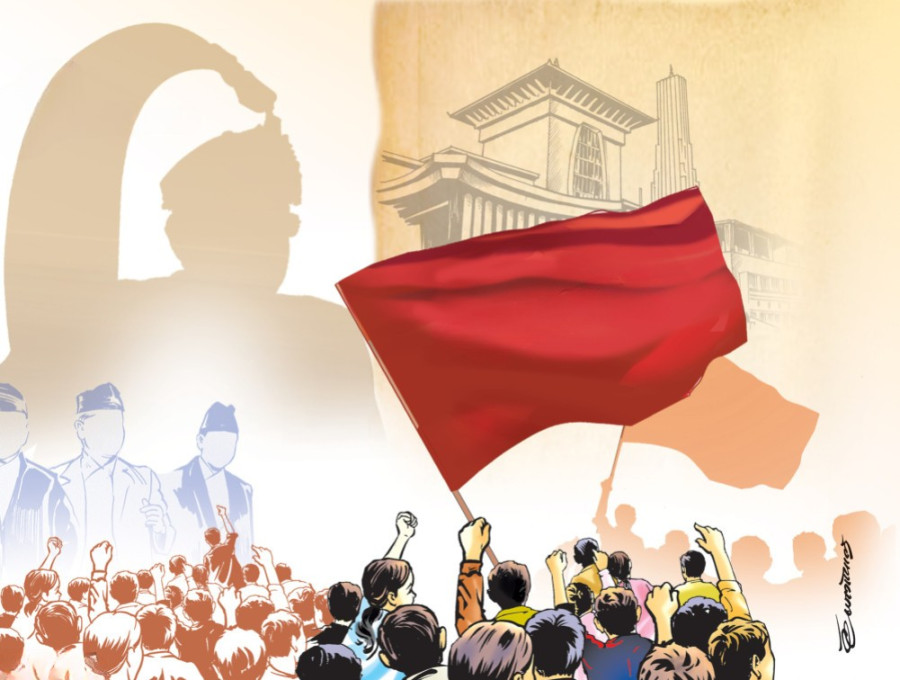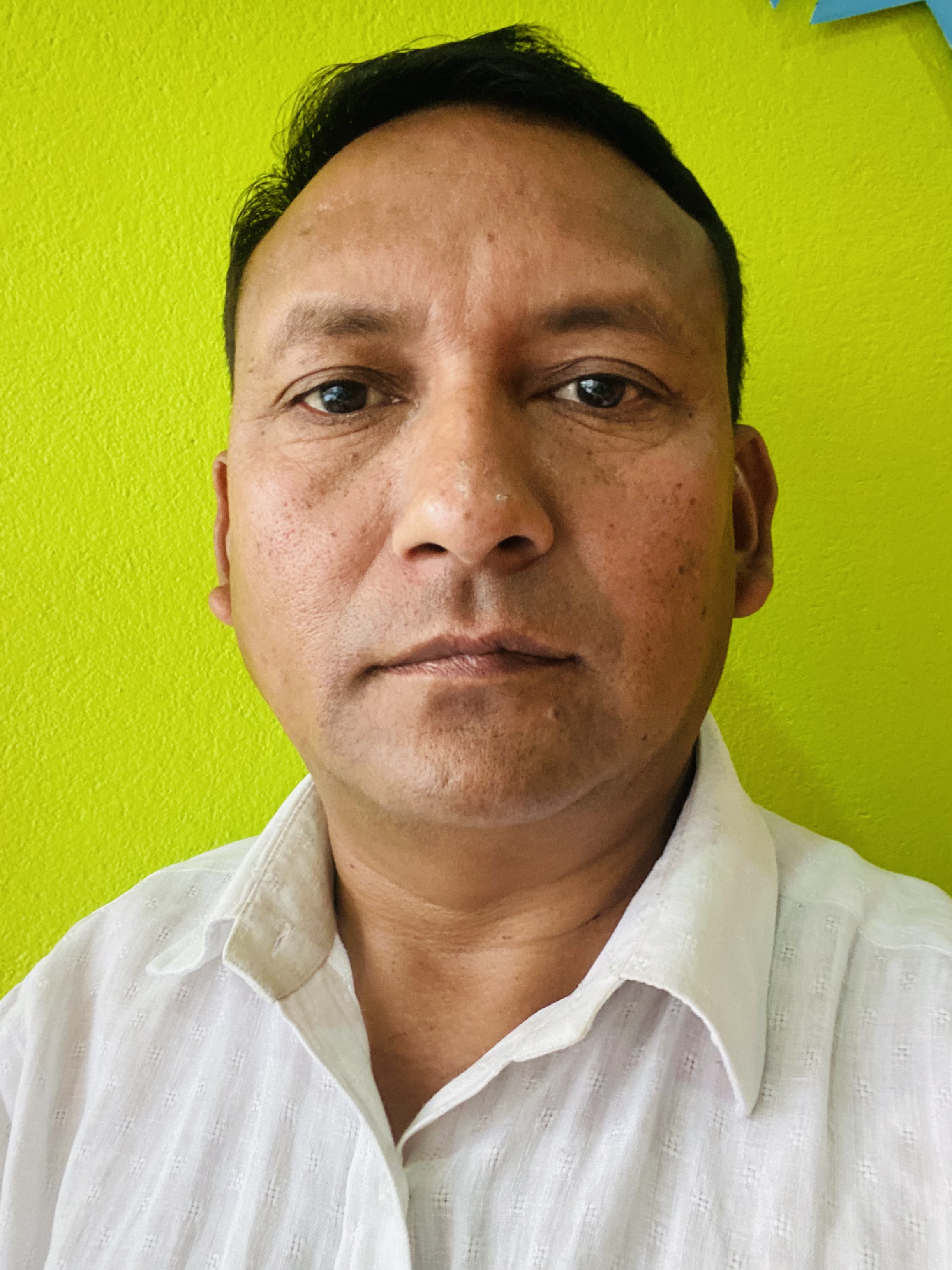Columns
Morally bankrupt monarchists
The pro-monarchy movement will fail. It lacks leadership with moral integrity and honesty.
Mitra Pariyar
Starting May 29, the monarchists are preparing to launch an ambitious mass movement to restore the Hindu monarchy. We’ll have to wait and see how things pan out. I have already written about how the movement is unlikely to succeed given the lack of interest in monarchy among the vast majority of the country’s demographic—Dalits, ethnic groups, religious minorities, Madhesis and Tharus. I consider the ethical and moral sides of the champions of the monarchist cause here.
Morally feeble leadership
In 2020, American theologian and academic Robert M Franklin published a remarkable book, Moral Leadership: Integrity, Courage, Imagination. The well-known public figure stresses that all these traits are essential for effective leadership.
Leadership with moral integrity and sound imagination is key to the success of any political movement anywhere at any point in history. Therefore, before people decide to align themselves with pro-monarchy forces, they should gauge, inter alia, their leaders’ moral integrity, courage and imagination. Otherwise, all the resources and energy spent on the movement may go to waste.
In my understanding, a fundamental problem with the monarchist movement seems to be the moral bankruptcy of its leaders. Many may be wealthy, aristocratic and socially influential, but they lack the moral authority to pull the masses to the street and reshape the country’s political landscape.
Let’s start with the movement's de facto leader: Former King Gyanendra Shah. Gyanendra isn’t out on the street leading the charge, like Lord Krishna in the epic battles of the Mahabharata, yet it’s an open secret that he commands the whole show.
So, is the deposed king endowed with sufficient moral integrity and political imagination to vanquish the powers that be? Is he capable of reintroducing monarchy within the framework of Nepali democracy?
Gyanendra undoubtedly has influence in the cultural realm; he may appear to be a divinity in the eyes of the traditionalist Hindu. However, cultural authority is different from political authority.
How does Gyanendra fare as a human person, as a mortal being and as a political figure? Does his thinking, character and capability match the popular expectations in the era of AI and space tourism?
Judging from his political history and career as a wealthy businessman, many would question his political prowess and moral powers.
Many historians and political pundits hold that the second mass movement probably wouldn’t have happened, and the monarchy wouldn’t have ended at all, if Gyanendra hadn’t dismissed an elected government, imprisoned party leaders and exercised his direct rule in October 2002.
Whether one supports or objects to his crackdown on democracy in October 2002, this does demonstrate his lack of honesty, integrity and, above all, his political leadership. He didn’t prove shrewd and clever enough to preserve his dynasty.
One need not talk about how his son, Paras Shah, would fare morally. It’s perhaps not worth thinking much about him because we don’t quite know if he’s actively contributing to the monarchist movement. We’re not even sure if he’s interested in being re-designated as the Crown Prince anyway.
Clownish party leaders
How about the party leaders and activists campaigning to restore the monarchy? Are they trustworthy? Are they morally and politically capable of leading the movement to a decisive mode?
What strength gave the Rastriya Prajatantra Party leader Rajendra Lingden, for example, the courage to state that monarchist forces would eventually conquer the capital city, hand over the throne to Gyanendra Shah, and force Prime Minister Khadga Prasad Oli to flee in a helicopter?
Lingden didn’t elaborate on where, why and how the country’s chief executive would flee. The intelligentsia didn’t comment on it, either. His statement didn’t carry much weight; some even considered it a joke.
The worst moral crisis of the monarchist party leaders is, as the proverb goes, that they want to have their cake and eat it! People aren’t foolish enough not to see this open contradiction in the leaders’ position.
The Rastriya Prajatantra Party and its offshoots demand the termination of the republic while enjoying their place in the parliament, both federal and provincial, and in the local authorities.
The restoration of monarchy, even a constitutional one, would require reviving the 1991 Constitution. But many champions of this cause are actively participating in the legislative and executive bodies under the 2015 Constitution.
Like Kamal Thapa in the past, Rajendra Lingden and Gyanendra Shahi, and perhaps even veteran leader Pashupati SJB Rana, are probably hoping and praying for the collapse of the current coalition of the Nepali Congress and the Communist Party of Nepal-Unified Marxist Leninist so that they could as well join a new Cabinet.
Because of this history, most monarchist leaders are not morally strong enough to fight for the resurrection of the monarchy. Their claims appear hollow, dishonest and insincere.
If they were serious about their cause, they would have left Parliament and other elected bodies long ago. This is a minimum prerequisite for morally and politically strengthening monarchism.
Stunts of the activists
How about other popular activists clamouring for the revival of the monarchy? Are they genuinely interested in monarchy? Possibly not.
They are simply jumping on the bandwagon of populist politics. They want quick fame and access to power by joining the monarchist protests. Or they simply wish to take revenge on party leaders for personal interests.
Durga Prasai is an excellent example of this. He was with different parties before, wining and dining with the present rulers and opposition leaders. Along the way, he fell out with them and started attacking them.
It’s no surprise that Prasai is essentially a medical businessman. He got pissed off with the state because he drew large sums of money to run a medical hospital and somehow didn’t get the permission to work on it. His principal goal even today seems to be to rid himself of the seemingly insurmountable bank loans.
Look what happened when this medical entrepreneur turned populist activist was handed the leadership of a mass rally supporting the monarchy on March 28. It turned violent as he tried to do stunts with his car in the crowd.
In a word, the pro-monarchy movement will not bear fruit. It will not draw enough men and women to the streets to force a change in the ruling system. A great majority of citizens have suffered enough at the hands of monarchs before. More importantly, the movement lacks leadership with moral integrity, honesty and imagination.




 8.79°C Kathmandu
8.79°C Kathmandu















